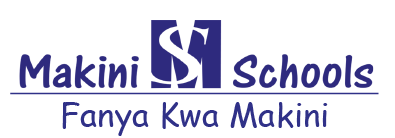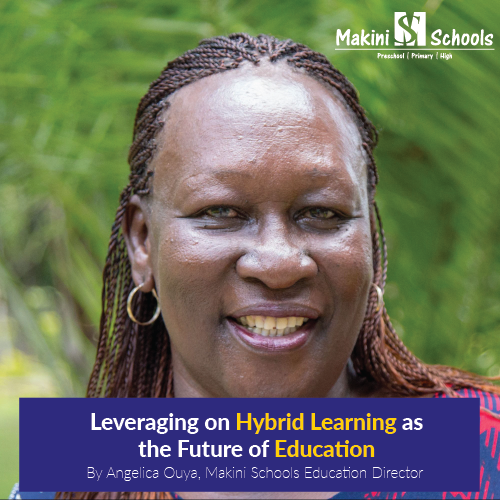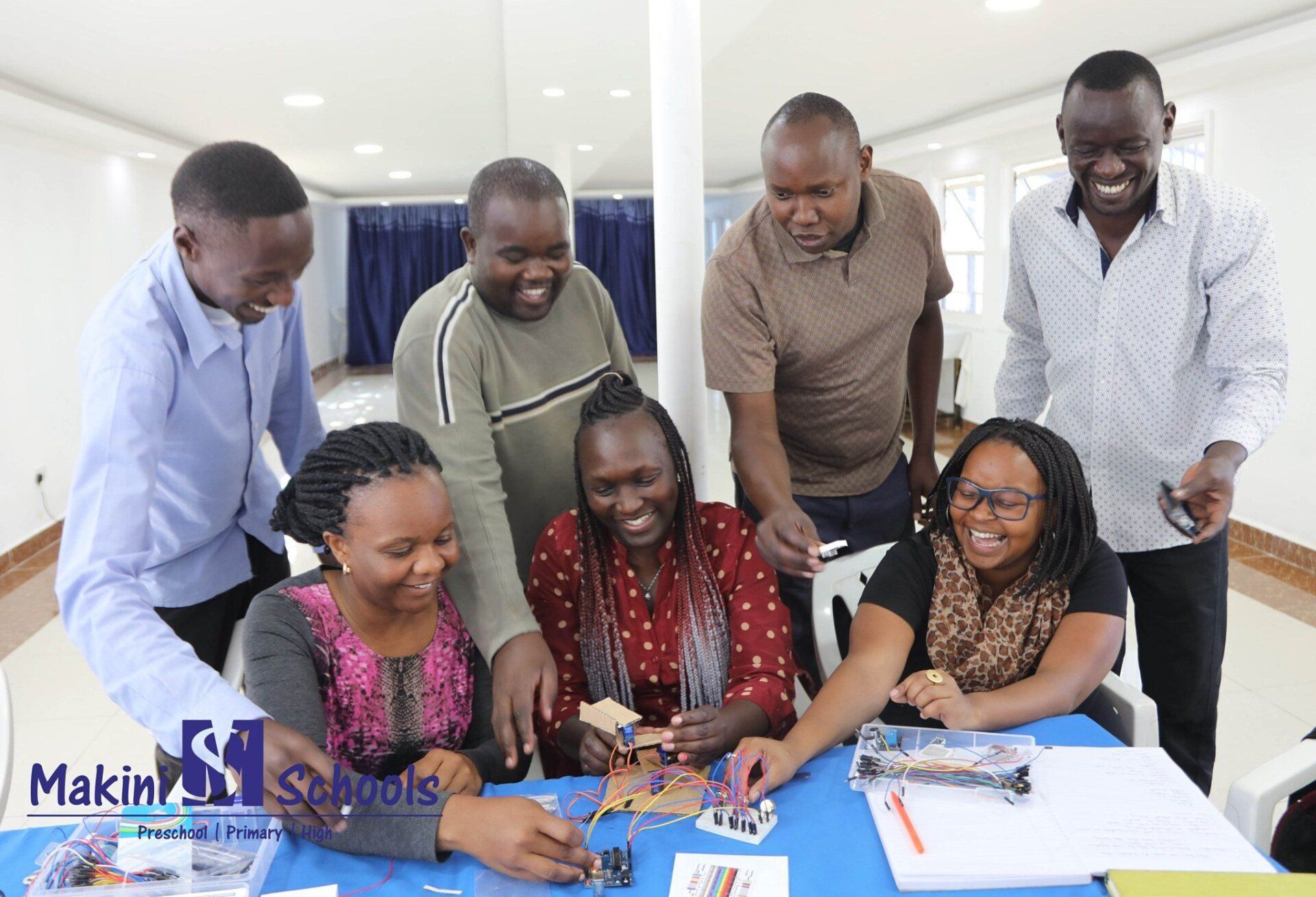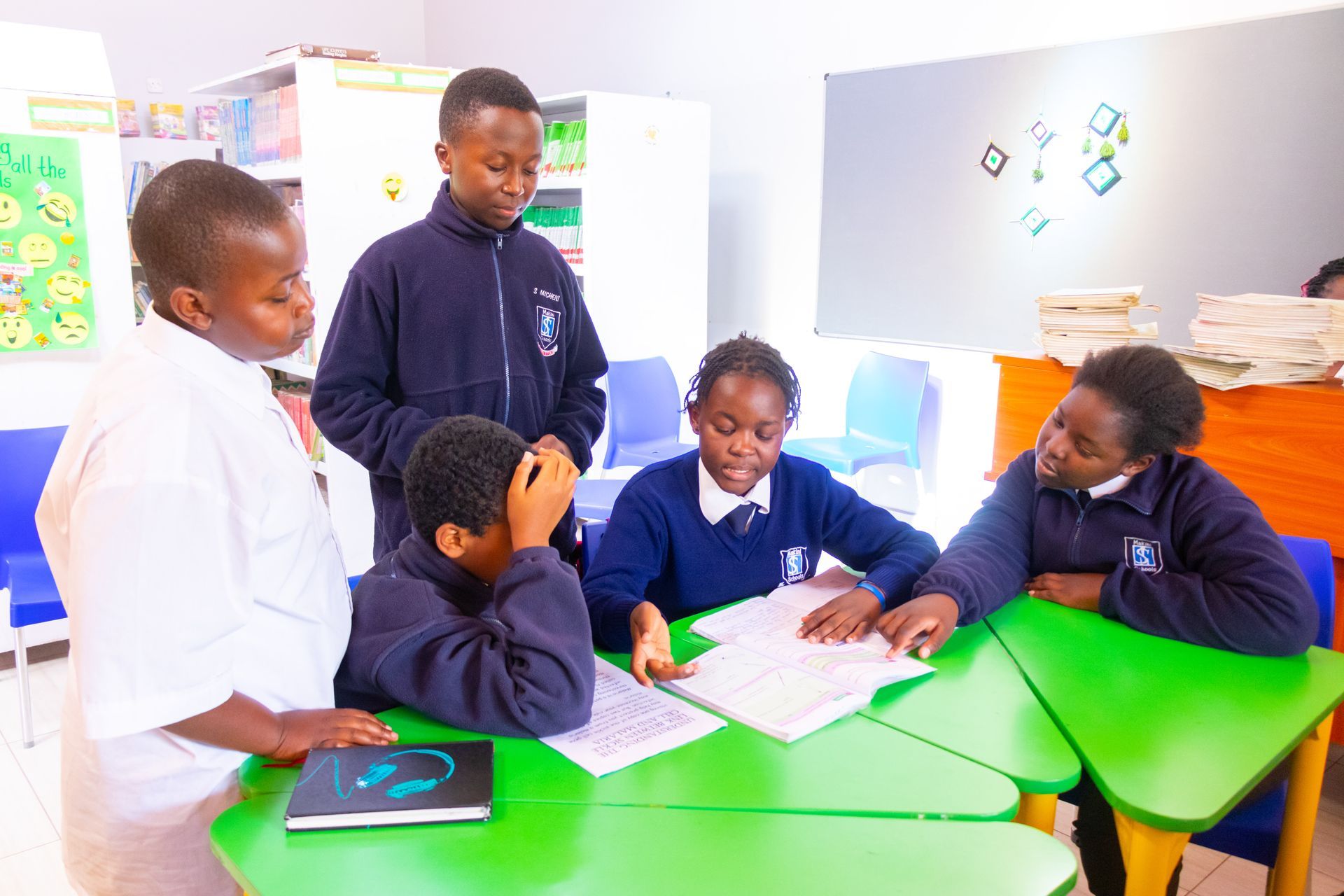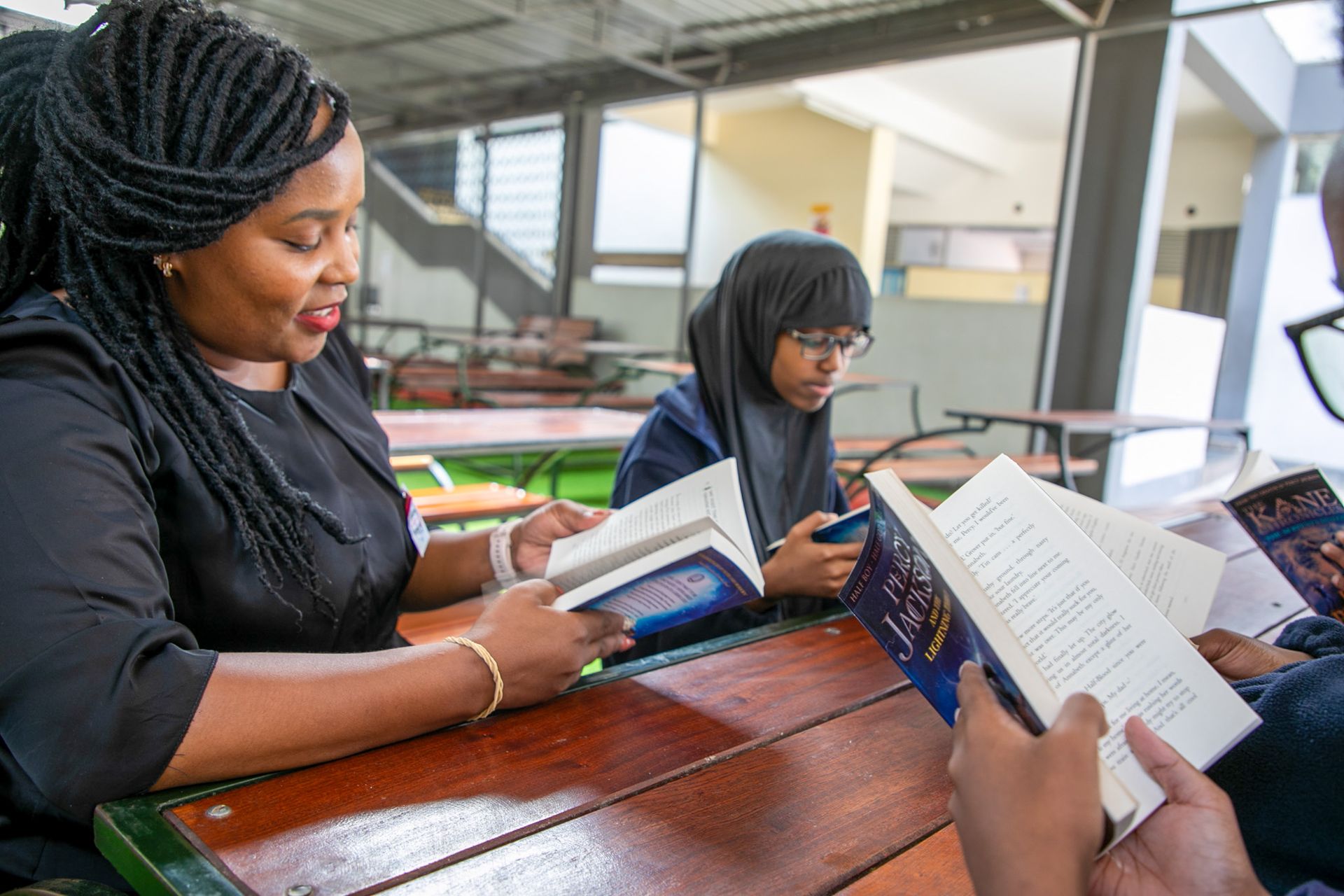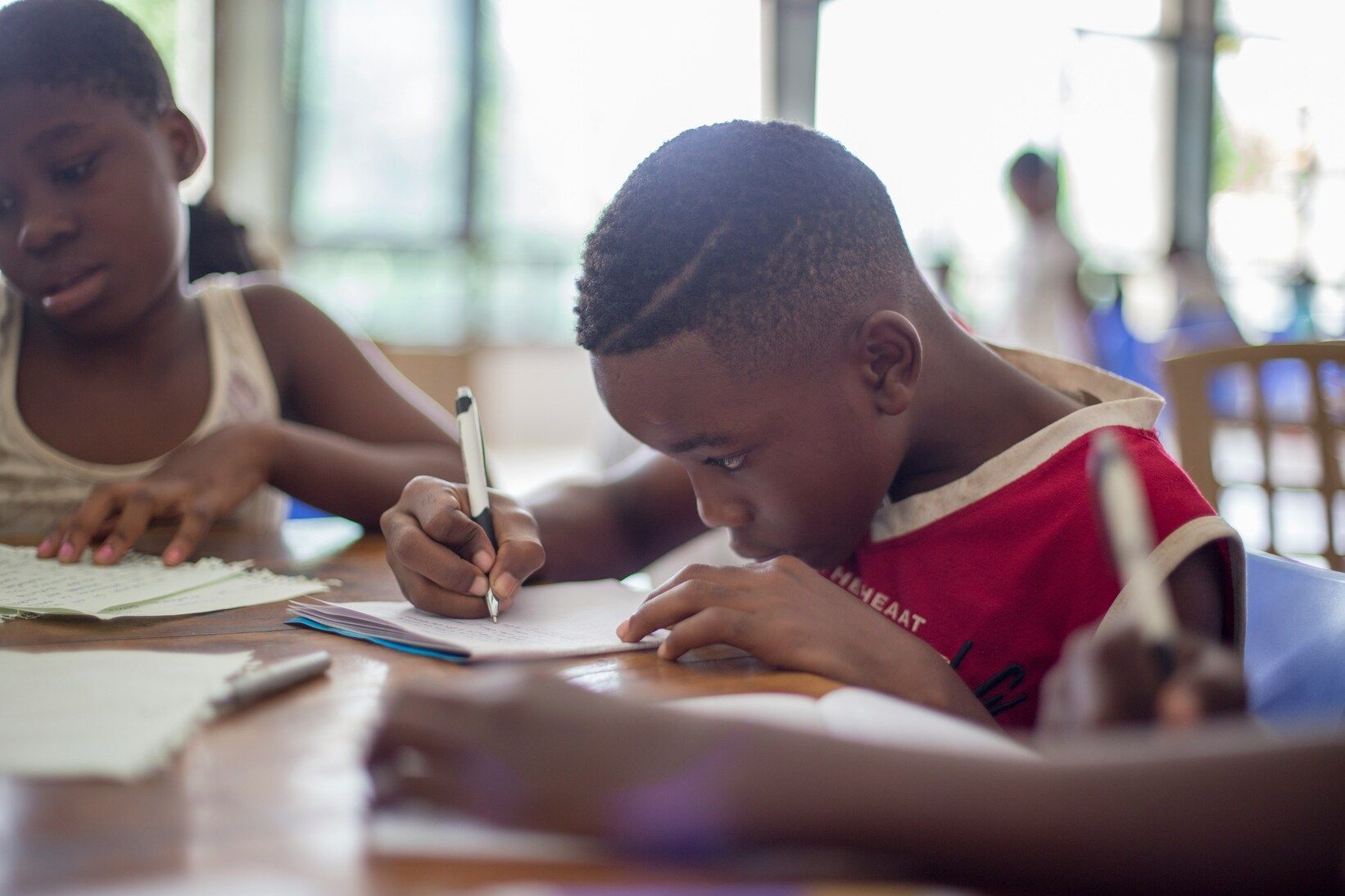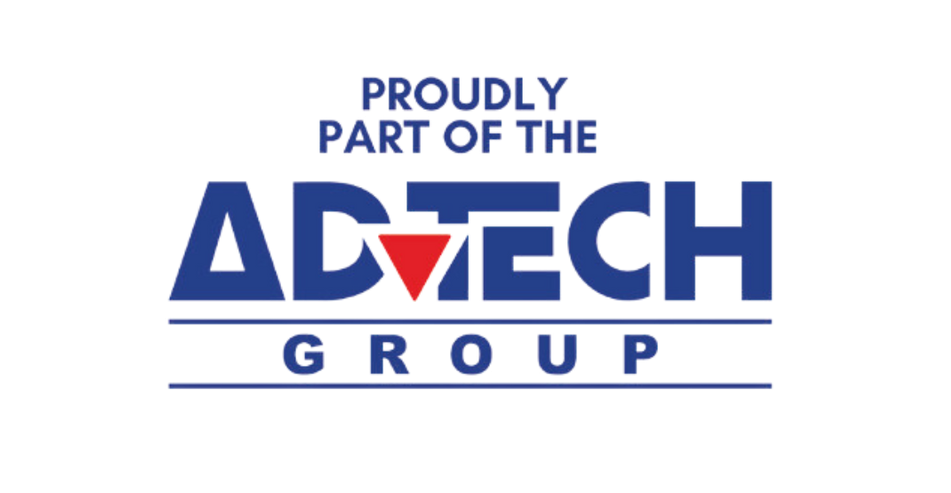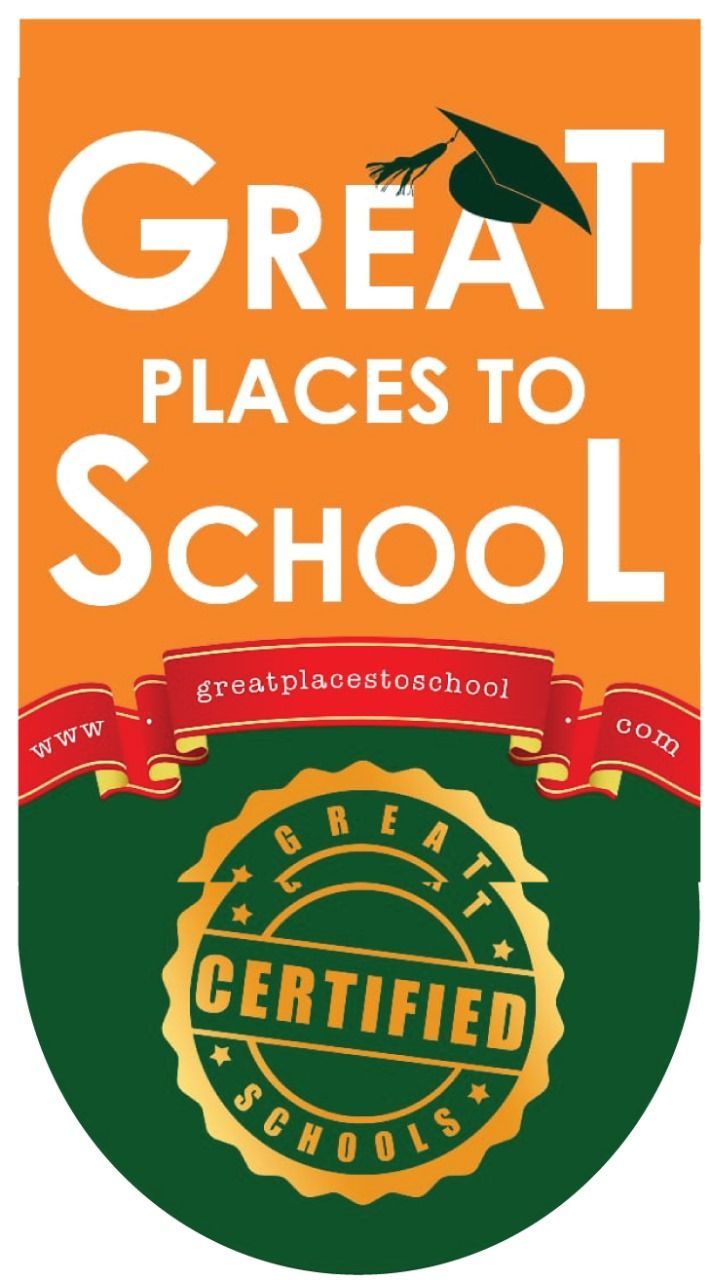Leveraging on Hybrid Learning as the Future of Education
Leveraging on Hybrid Learning as the Future of Education
By Angelica Ouya, Makini Schools Education Director
Isn’t it easy to dream, imagine, envision, and talk about the future of something? Becoming the visionary of that idea or being part of the process and seeing it succeed?
Education today is very different from what it was 20 years ago, but it still has room to move. Learning is changing with the times, and as the world is forced to embrace digital transformation. Schools are now proceeding with technology, and digital literacy is a crucial competency. The future of education is painting a very different classroom for tomorrow.
In this ever-changing global environment and the demands of the modern world, young people require resilience and adaptability. The 21st-century skills and competencies are proving to be more essential than ever in effectively getting through the Covid-19 pandemic.
Looking into the future, some of the most critical skills that employers will be on the lookout for are digital literacy, creativity, communication, and collaboration, alongside empathy and emotional intelligence; and being able to work across demographic lines of differences to harness the power of the collective through effective teamwork. Digital literacy is a crucial component of the future workforce – we need to embrace this with enthusiasm. To prepare our children, we need to think and respond in new ways:
- Encourage children to be collaborative, flexible, and open to new ideas that fuel innovation for the common good of all.
- Teach children to deep-dive. Deep-learning needs to take place. While this concept is not new, it has a slightly different structure. The six core skills of collaboration, creativity, critical thinking, citizenship, character development, and communication are the foundations of this wave of deep-learning.
- Lessons should include teaching online responsibility, risks, and acceptable behaviour to ensure that vulnerable minds can withstand and deal with the threats of the online world. We need to encourage our children to think ethically and to be honourable as well.
- Teach children that they dare to make mistakes and learn from them. Children must understand that making mistakes is part of their growth as human beings.
- Understanding and embracing different cultures and people is key to children’s learning and will ultimately result in developing better products, services, and policies. By teaching children to be good citizens, we impart an essential mindset that contributes to innovative and responsible future adults across all strata of society.
Schools like Makini Schools continue to place focus on quality education while moving with global trends to bring about best practices in pedagogy using e-learning. The learning model has been adapted to what is being referred to as Blended Learning or Hybrid Learning.
Hybrid Learning represents a learning model that combines both formal (traditional classroom) and non-formal (online courses) methodologies. But the reference is that blended learning means a model that integrates technology to boost learning and ultimately deliver the skills our learners require to achieve a happy and successful future.
Implementing blended learning creates an environment where adaptability is inevitably necessary to succeed. It prepares young children and teenagers for the skills they need to engage in technology both safely and responsibly.
While schools adopt their preferred curriculum of education, a parallel program should exist where learners are introduced to digital literacy from as early as Kindergarten level.
Blended learning combines the best of face-to-face and online instruction in ways that can customise the learning experience for each learner while making content more accessible. This form of education encompasses so much more. Learners today are also being asked to create, collaborate, and share digital content and to do so responsibly. For these reasons, principals and teachers understand the importance of online literacy skills and how to teach our youngsters not only the digital ways responsibly but also to integrate 21st-century skills for learners in the classroom.
Successful schools have an approach of a triangle relationship, comprising the learner, parent, and teacher to individualise the learning pedagogies effectively for the learner to succeed.
Online learning resources offer an effective way for learners to learn many basic facts and skills on their own. Videos that teachers create or curate, individually or as grade-level or departmental teams can provide adequate coverage of primary content. As an added benefit, learners can speed up, slow down, and replay videos as needed. Quizzes and adaptive learning software give learners opportunities to review content and practice necessary skills with immediate feedback.
In the CBC and 8-4-4 national curriculum as well as the Cambridge-based curriculum, the cornerstone of attaining academic excellence lies in schools adapting a philosophy of developing students within the blended learning environment.
It is crucially important to start introducing this foundation of skills to prepare the learners of today for jobs of the future, most of which do not even exist yet.
